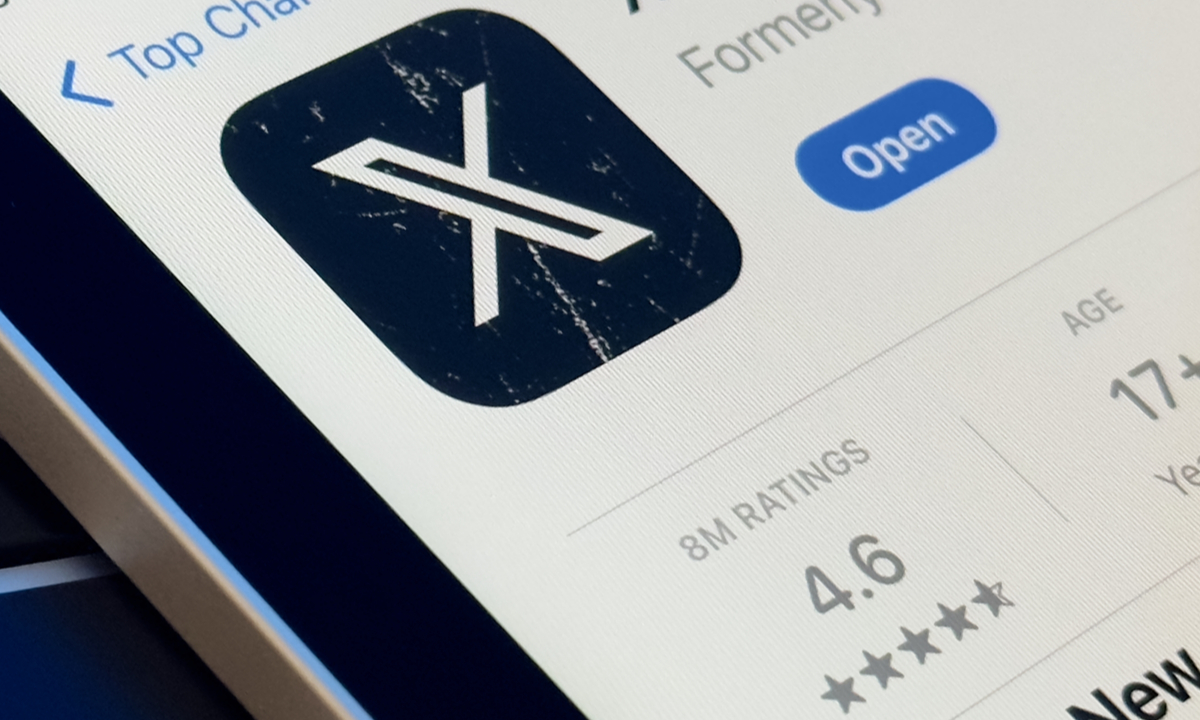
The European Union has initiated its first charges under the recently enacted Digital Services Act (DSA), accusing Elon Musk’s social media platform X, formerly known as Twitter, of multiple violations. The charges, announced on Friday, center around allegations that X deceived users and failed to meet transparency requirements mandated by the new regulation.
European regulators highlighted significant issues arising from Musk’s relaunch of the blue check “verification” system after acquiring Twitter in late 2022. The revised system allowed any user to purchase the verification badge, which previously signified an account’s authenticity. This change led to a proliferation of spoof accounts, impersonators and a surge of misleading information on the platform.
“It negatively affects users’ ability to make free and informed decisions about the authenticity of the accounts and the content they interact with,” the European Commission stated in its findings. “There is evidence of motivated malicious actors abusing the ‘verified account’ to deceive users.”
The chaos and confusion following the blue check changes drew widespread criticism, particularly from misinformation researchers in the U.S. In the EU, authorities have determined that the new verification system breaches the DSA. The regulation requires large social media companies to rigorously police harmful content or face substantial financial penalties.
In addition to the blue check issues, European authorities have identified other significant violations. Under the DSA, X is required to maintain a transparent database of all digital advertisements it runs, including details about the advertisers and the targeted audience. However, EU investigators found that X’s ad database is neither “searchable” nor “reliable,” complicating efforts to monitor emerging risks, such as ads disseminating harmful messages or targeting vulnerable groups, reported NPR.
Elon Musk will have the opportunity to defend X against these charges and propose measures to address the EU’s concerns. If X fails to comply with the required changes, the company could be fined up to 6% of its annual worldwide revenue, a sum that could reach tens of millions of dollars.
Featured News
Big Tech Braces for Potential Changes Under a Second Trump Presidency
Nov 6, 2024 by
CPI
Trump’s Potential Shift in US Antitrust Policy Raises Questions for Big Tech and Mergers
Nov 6, 2024 by
CPI
EU Set to Fine Apple in First Major Enforcement of Digital Markets Act
Nov 5, 2024 by
CPI
Six Indicted in Federal Bid-Rigging Schemes Involving Government IT Contracts
Nov 5, 2024 by
CPI
Ireland Secures First €3 Billion Apple Tax Payment, Boosting Exchequer Funds
Nov 5, 2024 by
CPI
Antitrust Mix by CPI
Antitrust Chronicle® – Remedies Revisited
Oct 30, 2024 by
CPI
Fixing the Fix: Updating Policy on Merger Remedies
Oct 30, 2024 by
CPI
Methodology Matters: The 2017 FTC Remedies Study
Oct 30, 2024 by
CPI
U.S. v. AT&T: Five Lessons for Vertical Merger Enforcement
Oct 30, 2024 by
CPI
The Search for Antitrust Remedies in Tech Leads Beyond Antitrust
Oct 30, 2024 by
CPI